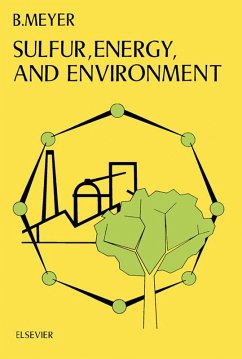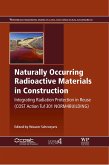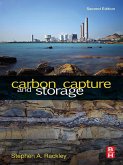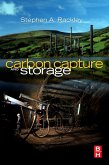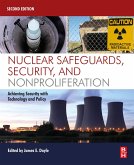Sulfur is a strategic chemical in many modern applications and may make headway into high-volume non-chemical uses as it is being modified according to our changing technology and needs. The sources of sulfur and where it frequently occurs is explained. This discussion is followed by citing reviews of the four most important cycles, that is, the global sulfur cycle, hydrosphere, atmospheric sulfur budget, and the anthropogenic sulfur cycle. Sulfur production methods, coal combustion chemistry, and flue gas desulfurization are then described. The many uses of sulfur are described, including in medicine, agriculture, chemical industry, and the plastic industry. However, throughout the production of sulfur, problems affecting the environment occur, so environmental control and legislation are also discussed. Finally, the trends of sulfur research, production, use and recovery, role of chemistry, and the future overall area where science, energy, chemistry, and the environment exist together are presented. Chemists and chemistry students, industrialists, and environmental planners will find this guide to sulfur helpful.
Lecturers in chemistry and researchers in the many fields of application of sulfur will likewise benefit from it.
Dieser Download kann aus rechtlichen Gründen nur mit Rechnungsadresse in A, B, BG, CY, CZ, D, DK, EW, E, FIN, F, GR, HR, H, IRL, I, LT, L, LR, M, NL, PL, P, R, S, SLO, SK ausgeliefert werden.

